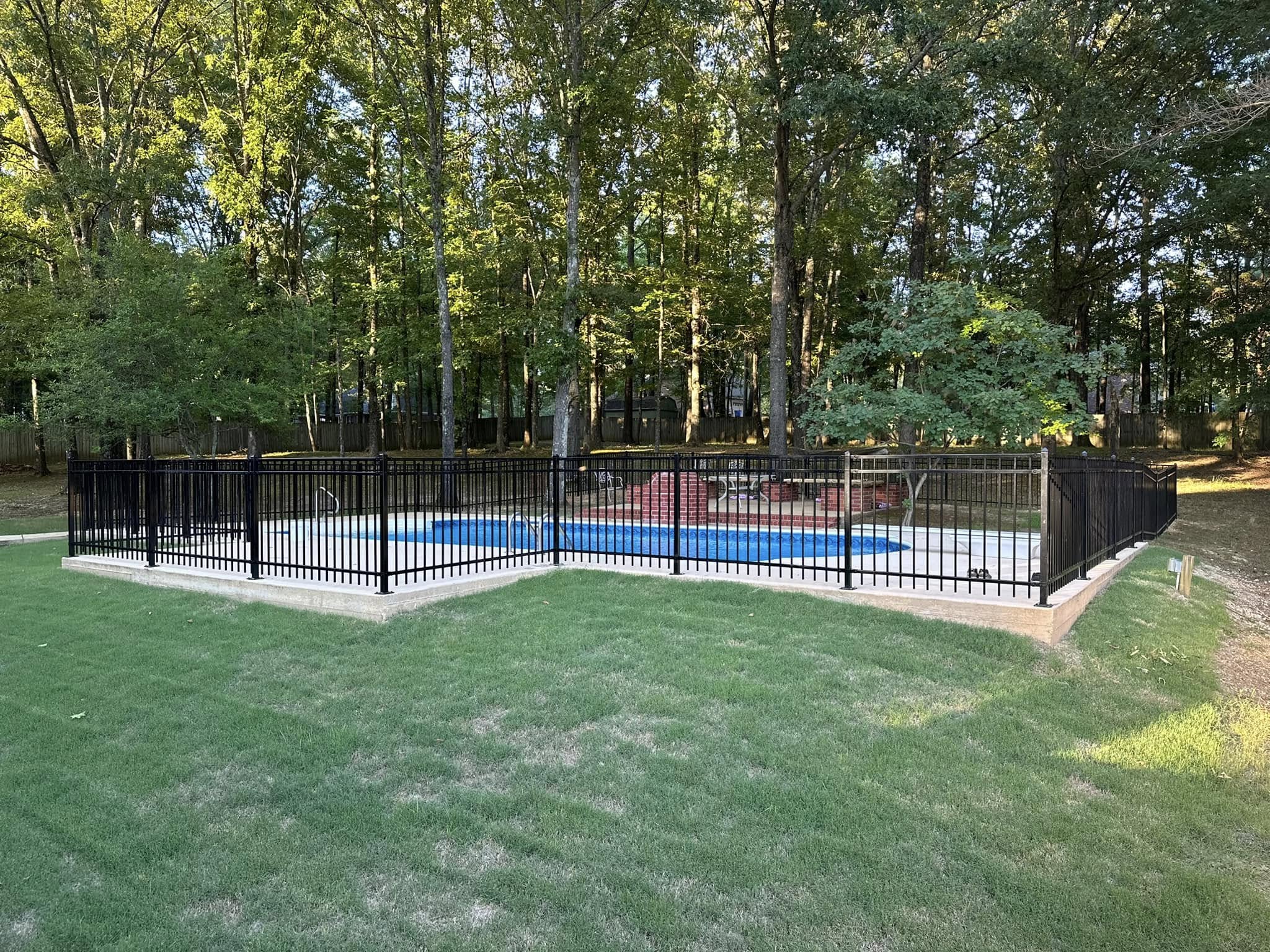
Maintaining Your Fence: Tips for Longevity and Durability Aug 16, 2025
The first step in maintaining your fence is understanding the specific material you have. Different materials require different care techniques. Whether your fence is composed of wood, vinyl, aluminum, or chain link, each has its own maintenance needs. Knowing these specifics is crucial in applying the right care strategies.
Wood fences, for instance, are susceptible to water damage, warping, and insect infestation. To protect your wooden fence, start with periodic cleaning. Use a power washer or a hose with a high-pressure nozzle to remove dirt and debris. Once clean, applying a quality sealant will protect the wood from moisture and UV damage. Checking for signs of rot and pests regularly will also help address small issues before they become significant problems.
Vinyl fences are renowned for their low maintenance needs, but they are not entirely maintenance-free. To maintain the pristine look of a vinyl fence, regular cleaning is essential. A mixture of warm water and dish soap, along with a soft brush, can effectively remove dirt, mold, and mildew. Remember to rinse with water afterward to avoid soap residue. Unlike wood, vinyl stands up well to most weather conditions, but it is vulnerable to impact damage, so watch out for lawn machinery or rough play near the fence.
Aluminum fences are durable and less prone to rust than other metal options. Nevertheless, cleaning aluminum periodically with soap and water will preserve its appearance. It is wise to inspect the fence for loose screws or broken parts, fixing them promptly to avoid bigger issues. In some cases, applying a protective coat of wax may provide an extra layer of resistance against the elements.
Chain link fences, popular for their affordability, also benefit from regular maintenance practices. Check for rust and treat rusty areas with rust-inhibiting paint to prolong their life span. Furthermore, overgrown vegetation can put pressure on chain links, so it's important to keep vines and plants trimmed back.
Seasonal inspections are another vital component in your fence maintenance routine. Winter cold can cause contraction and cracking in materials, while summer heat may lead to unwanted expansion. Adjust and tighten bolts as needed with the changing seasons to ensure the stability and security of your fence.
Ultimately, the key to fence longevity is addressing issues swiftly and not letting minor damages remain unresolved. Small efforts can save significant time and money in repairs down the line. Whether you need specific repair advice or professional assistance, the team at Frontline Fencing LLC is always ready to help maintain your fence in top condition.
By following these maintenance tips, you can ensure that your fence remains a valuable asset to your property. A well-maintained fence not only enhances curb appeal and protects your home but also saves you from costly replacements. Trust Frontline Fencing LLC to guide you in preserving the beauty and function of your fence for years to come.
/filters:no_upscale()/media/0274edda-a37b-4847-b639-735b14d9a3be.jpeg)
/filters:no_upscale()/filters:format(webp)/media/61a294bb-6171-4a4b-b2e7-f875902a1d9c.jpeg)